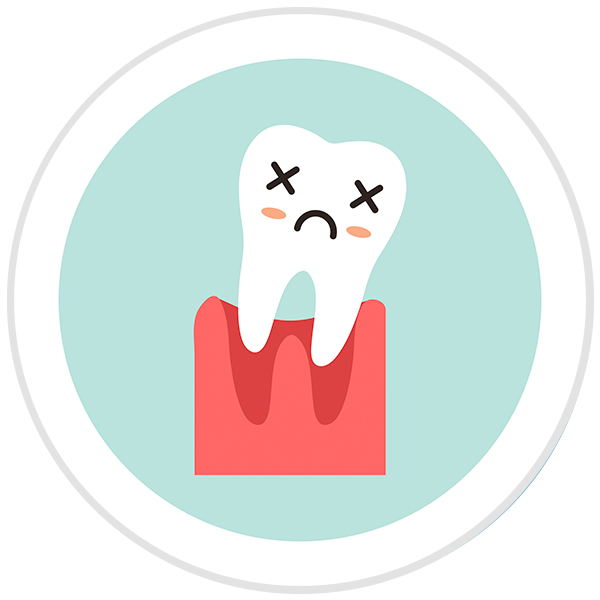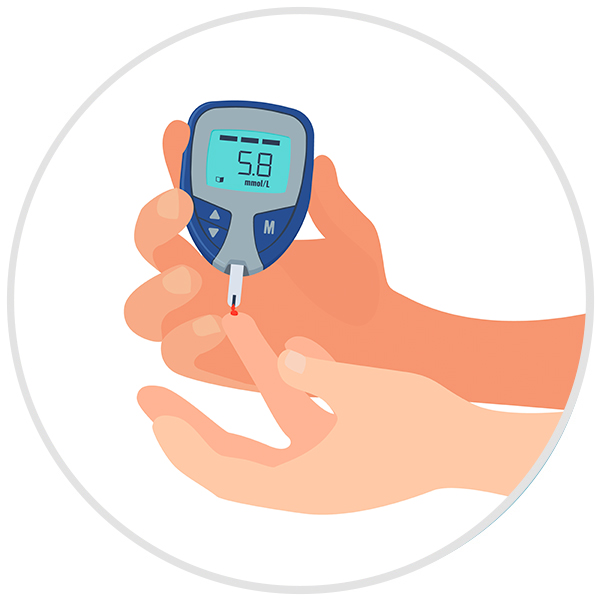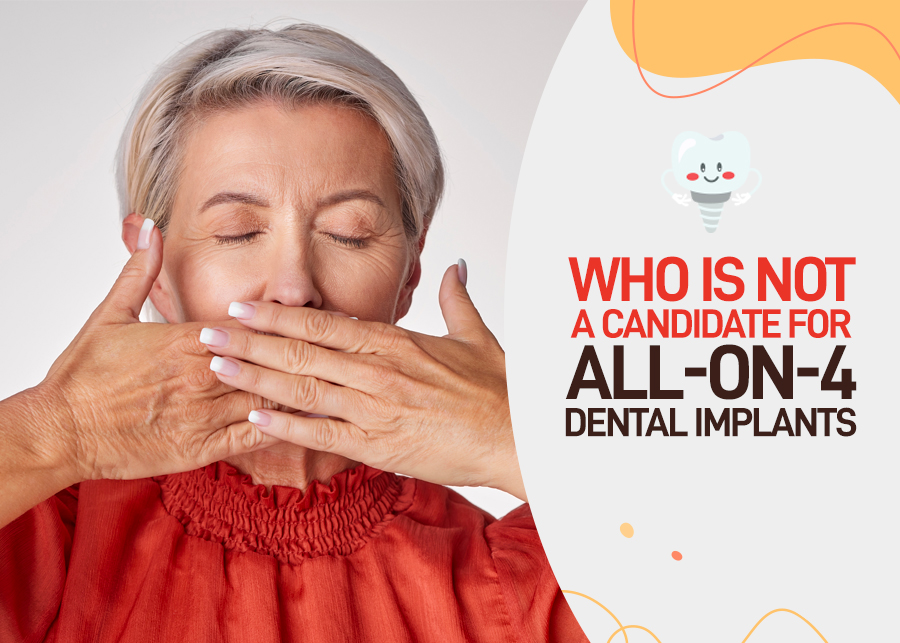Let’s take a look at some medical conditions that prevent people from having dental implants:

Gum Disease
Any form of gum diseases such as gingivitis or periodontist can forbid a patient to have dental implants.
Gum disease destroys the gums and bone beneath, therefore there’s not sufficient bone for the implant to attach. Patients must treat gum disease first.

Bruxism
Bruxism is an unconscious clenching of the teeth and it’s a serious danger to implants.
Whereas natural teeth absorb the shock created by the grinding, implants do not have the same structure as natural teeth and the pressure may lead to damage.

Insufficient Bones
As with gum disease, if the bone doesn’t have enough density and quantity, the implant will not be able to attach.

Diabetes
You may be wondering what diabetes has to do with implants.
One of its most common effects is slow wound recovery. This is similar to having a weak immune system, the wound may take longer to heal and if a patient has an open wound in the mouth for too long, it may cause infection.
- Good overall wellbeing
- Adequate bone structure
- Good oral health
- Non-smoker: Smoking is detrimental to successful implant placement as it compromises the bone’s healing ability.
For further information, we recommend reading our blog on When is All-on-4 the Best Choice?
Dental implant treatment is highly effective but it is not for everyone.
Contact The All on 4 experts in Parker Dental Implant and Specialty Center, call 720-522-2000, or visit us at 11005 S Parker Rd. Parker, Colorado.

